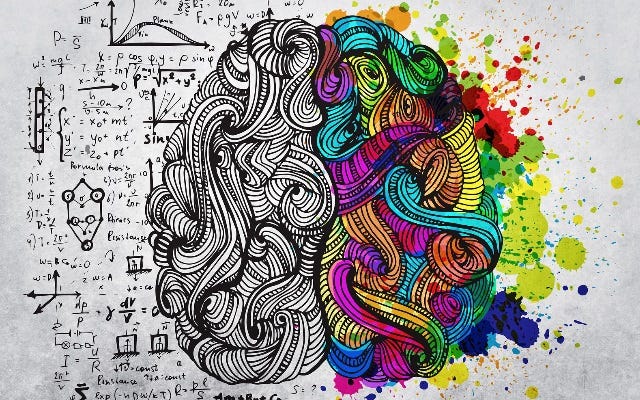Hey, and welcome to the fifth update of the Brave New Teams newsletter. This update is shorter than usual.

What happened?
During the last couple of months, we focused on the following:
- Optimizing the user flow of the MVP
- Running experiments with deep reinforcement learning for the team assembly
- Deploying skills tagging tool as an API
- Applying psychometrics to personality assessments
User flow for MVP: We worked with freelancers on the user flow of the application and the optimization of the user interface (UI) and user experience (UX). The focus was on the MVP and one of the challenges was which features to de-prioritize. We have agreed on a solid and logical user flow and have documented the MVP.
Deep reinforcement learning: To deal with the problem of a combinatorial explosion in a fast and efficient way, we want to move away from ‘brute-force’ optimization. We are currently experimenting with a deep reinforcement learning algorithm. The first sandbox results are very promising – the model learns quickly and delivers results that are way superior to the previously used basin-hopping optimizer.
Skills tagging: We have documented (using FastAPI) the skills tagging tool and have deployed it on an instance of AWS.
Psychometrics: For the team assembly mechanism to be truly effective, we consider not just the right mix of hard skills but also soft skills. We have started to work with a trained organizational psychologist on developing a psychometric test. This test must be non-intrusive but valid to describe personality characteristics that are relevant for teamwork.
Why is it important?
A good and carefully thought-through MVP user flow is the basis for both the design and the technical implementation of the application. Speeding up the team assembly mechanism with deep reinforcement techniques will improve the user experience further.
And the psychometric element is a cornerstone and a key differentiator of SuperScript:
Eric Schmidt, former chairman of Alphabet, said, “diversity is key to innovation”, and, “with a blend of different points of view, you’re much more likely to get the kind of innovation that pushes things forward.”
Teams and, in particular, diverse teams are smarter when it comes to solving complex problems. An optimal mix of mind, experiences, gender, ethnicities, age, workstyle, and very importantly, pluralism, a tolerance for non-conformist views and divergent thinking will increase so-called cognitive diversity and lead to superior outcomes — or, very much in the Aristotelian spirit, the whole is greater than the sum of its parts.
What’s next?
We will focus primarily on deep reinforcement learning to speed up the process and on the psychometric assessment.
Endnote
Thank you for subscribing to Brave New Teams. There is a lot of talk about the future of work, the role of automation, and robots. But, as discussed in the post Automatic for the People, there is plenty of reason to remain optimistic about an augmented (and still human) future of knowledge work.
The next newsletter will share SuperScript’s user flow for an MVP, discuss the main use cases and give an update on the deep reinforcement learning and the psychometrics approach.
Stay safe, and don’t lose the script.

